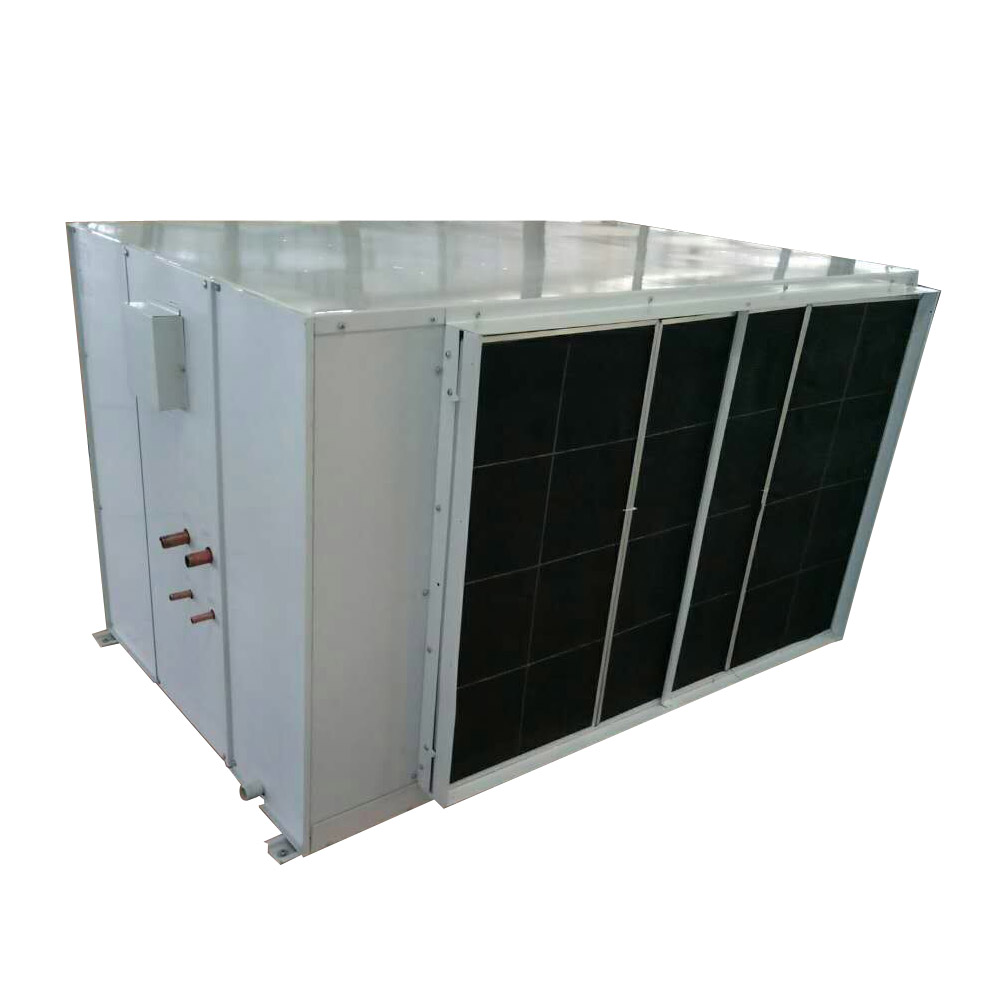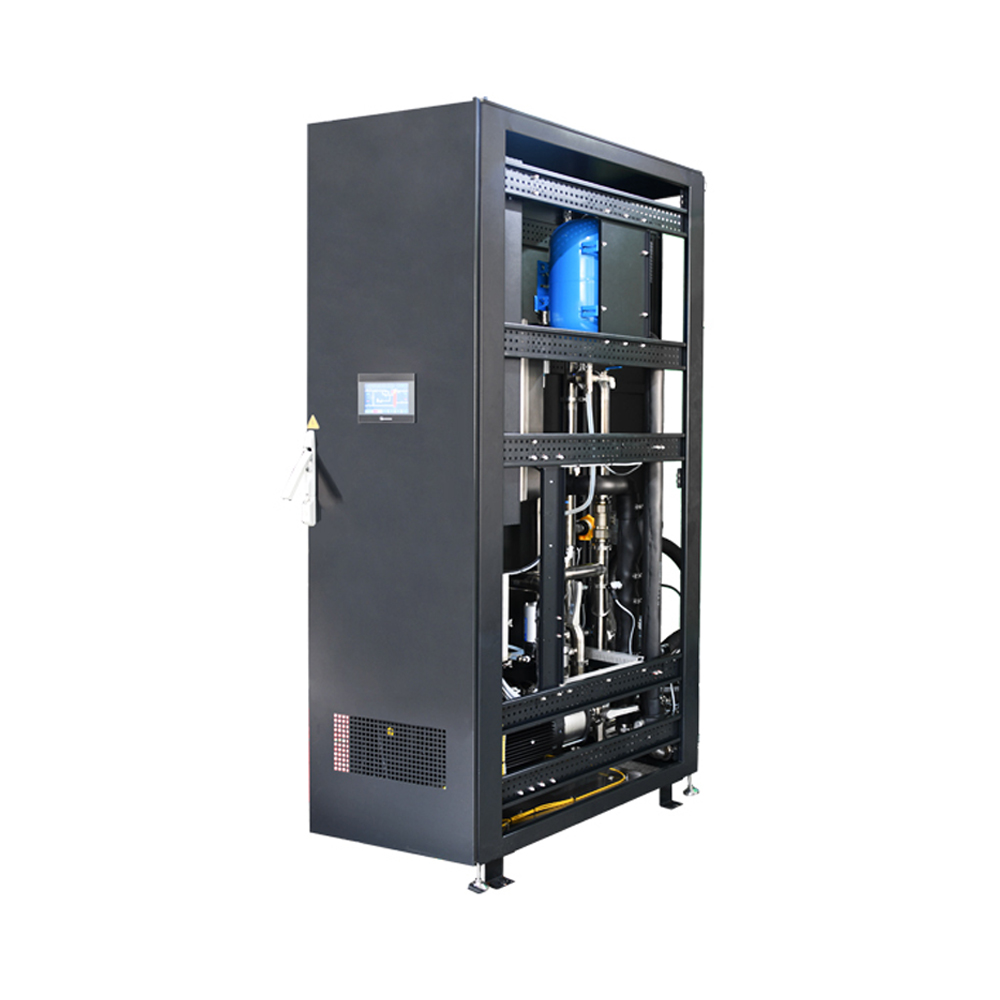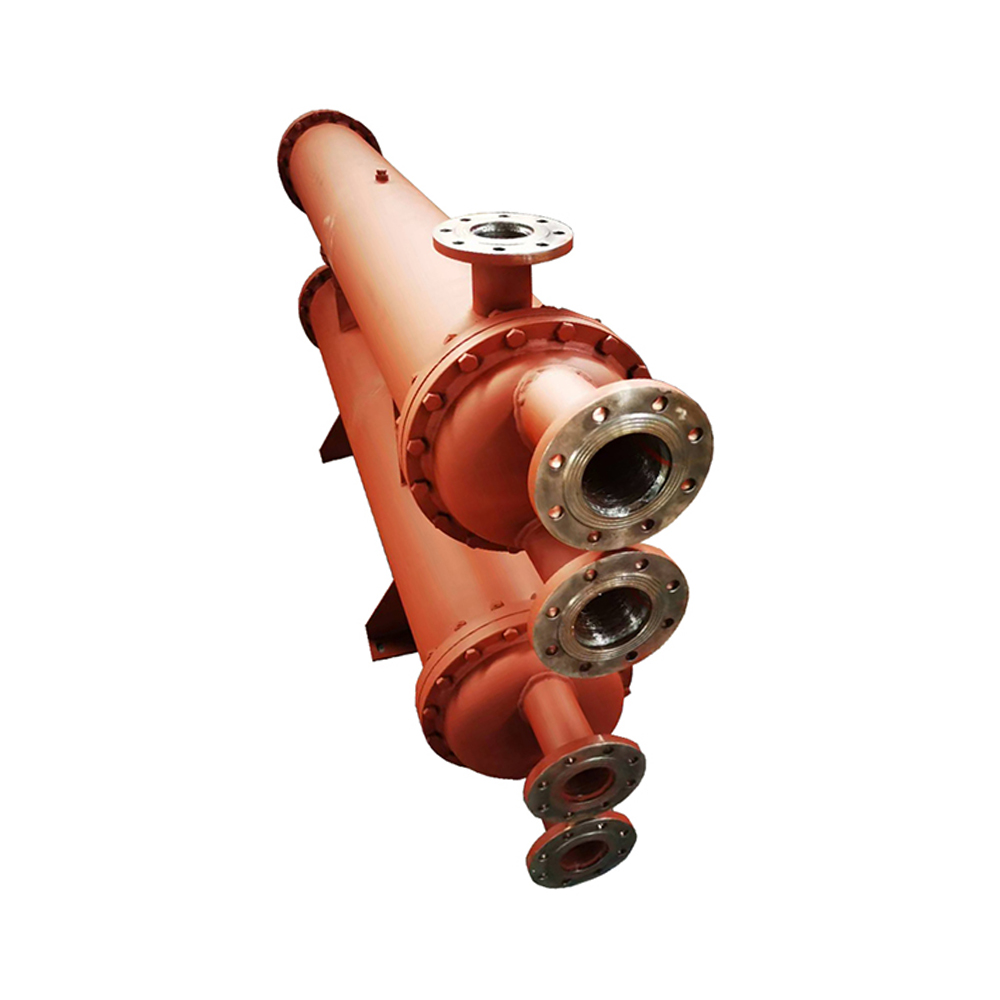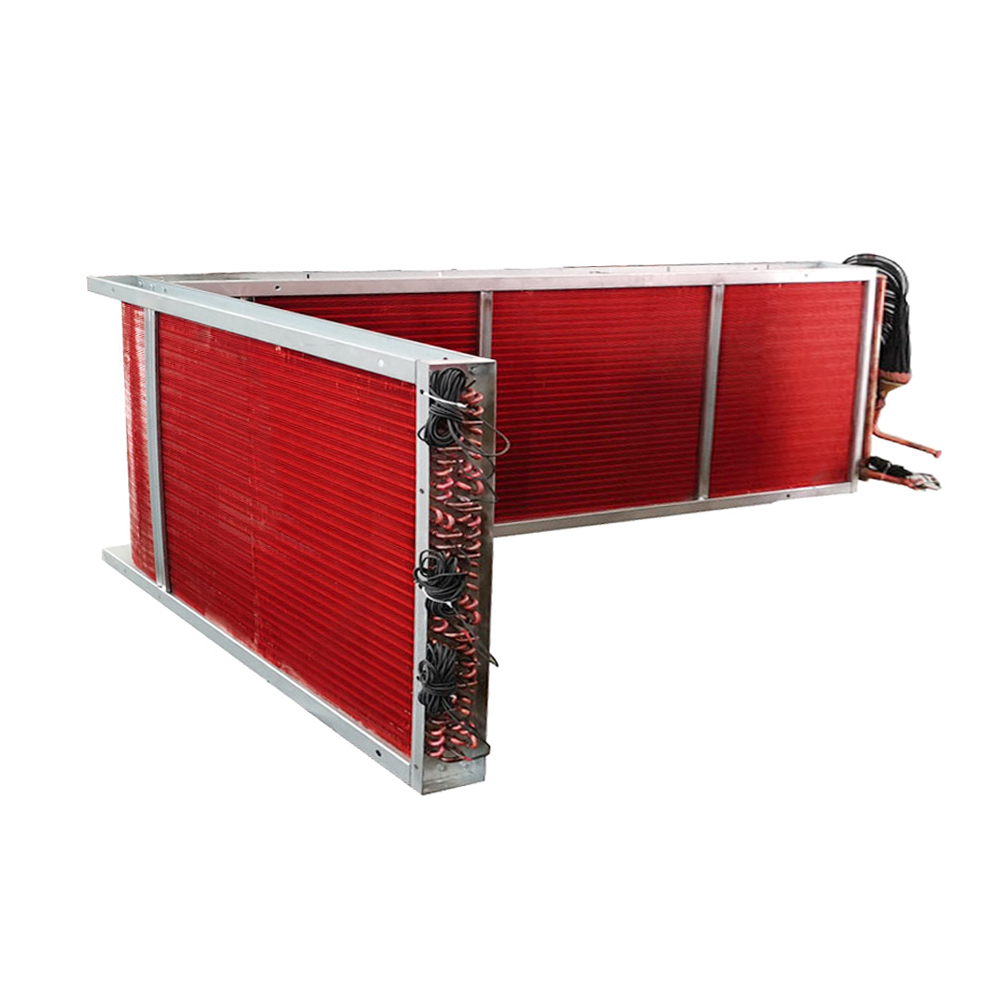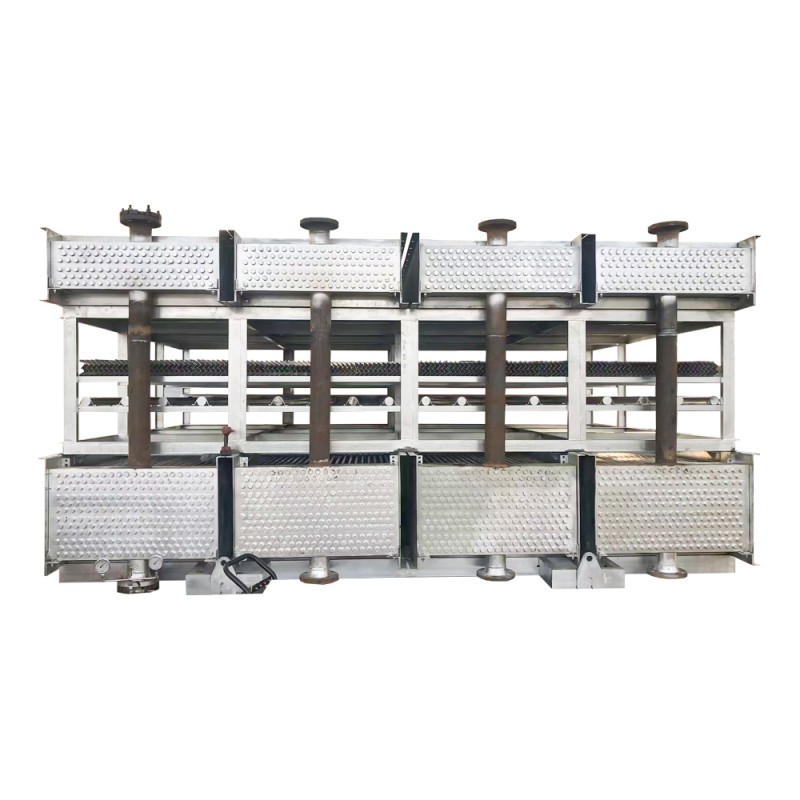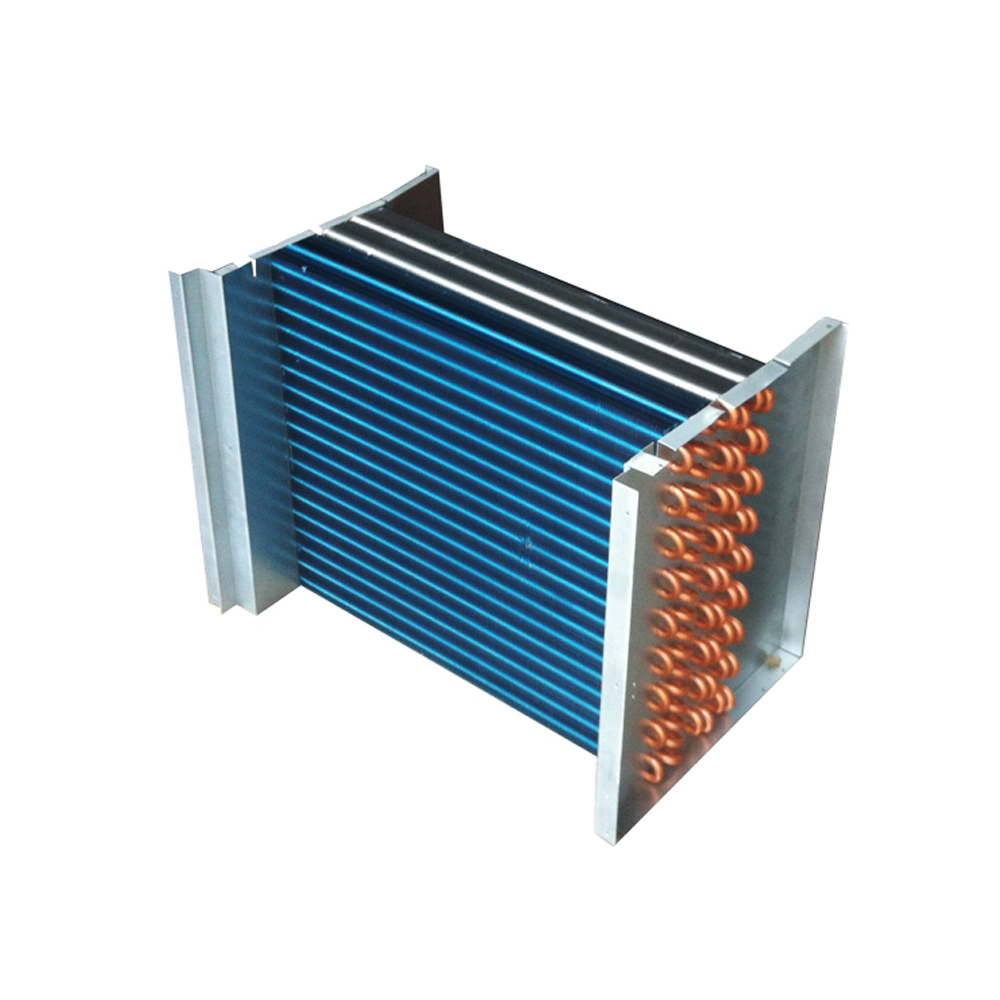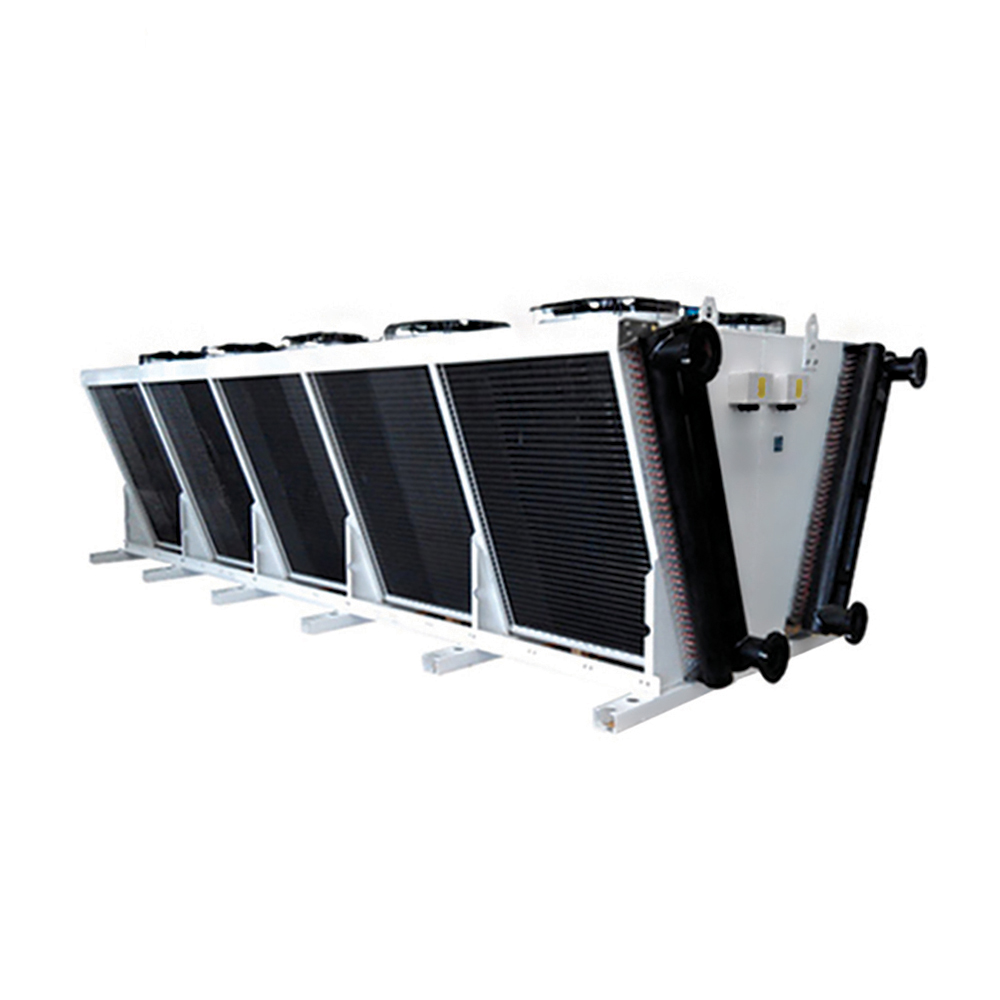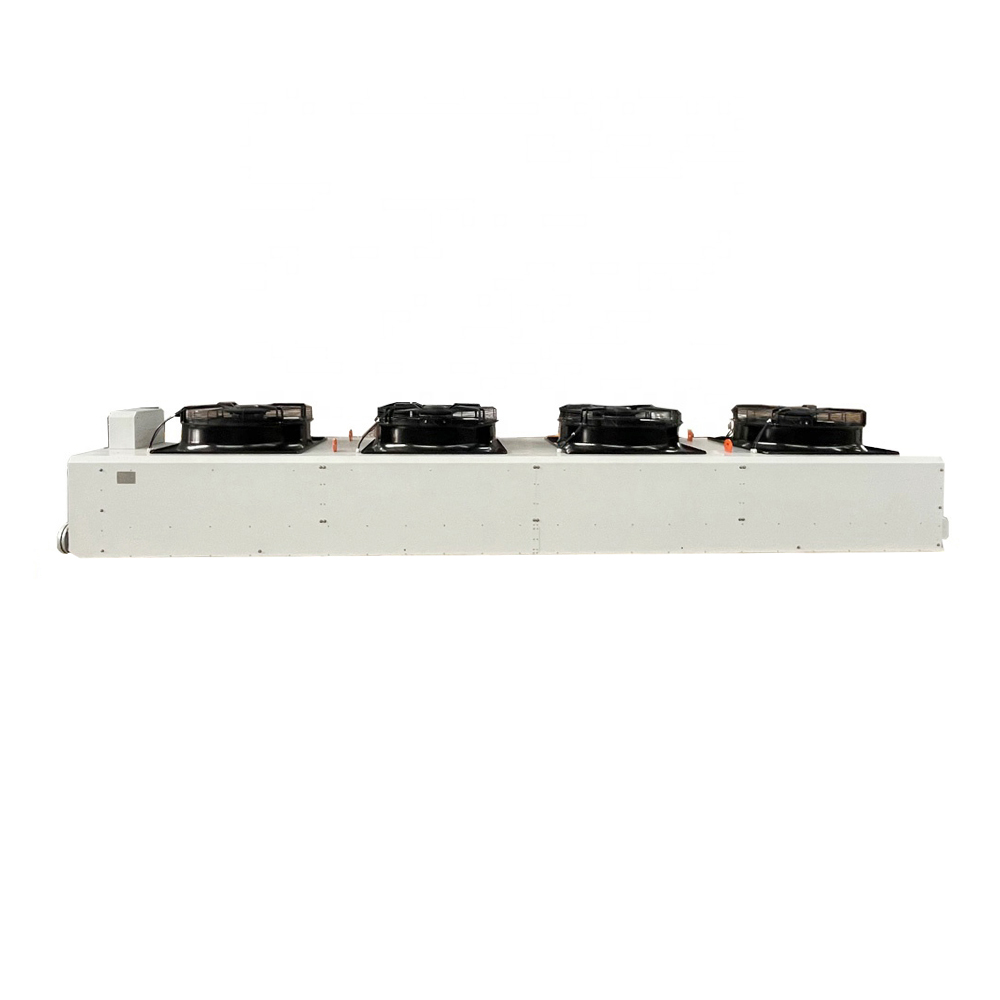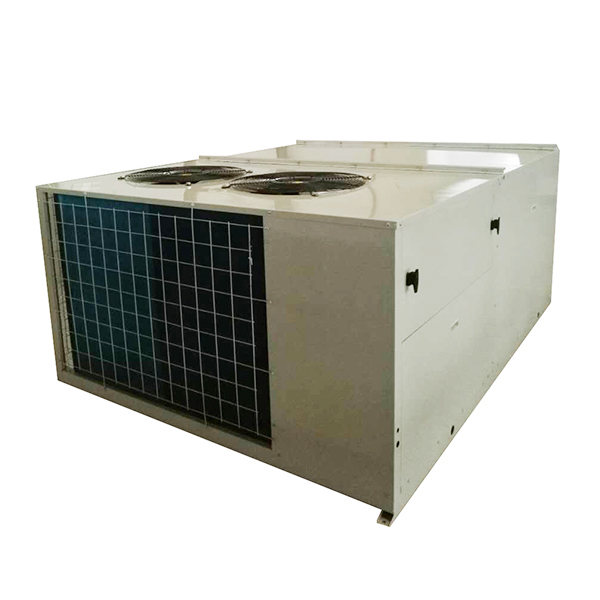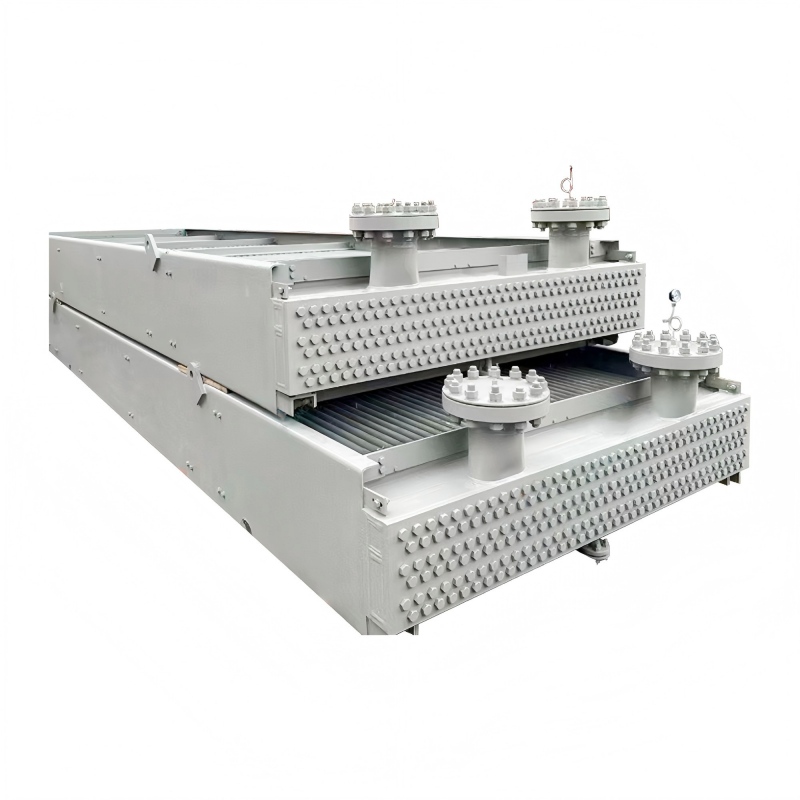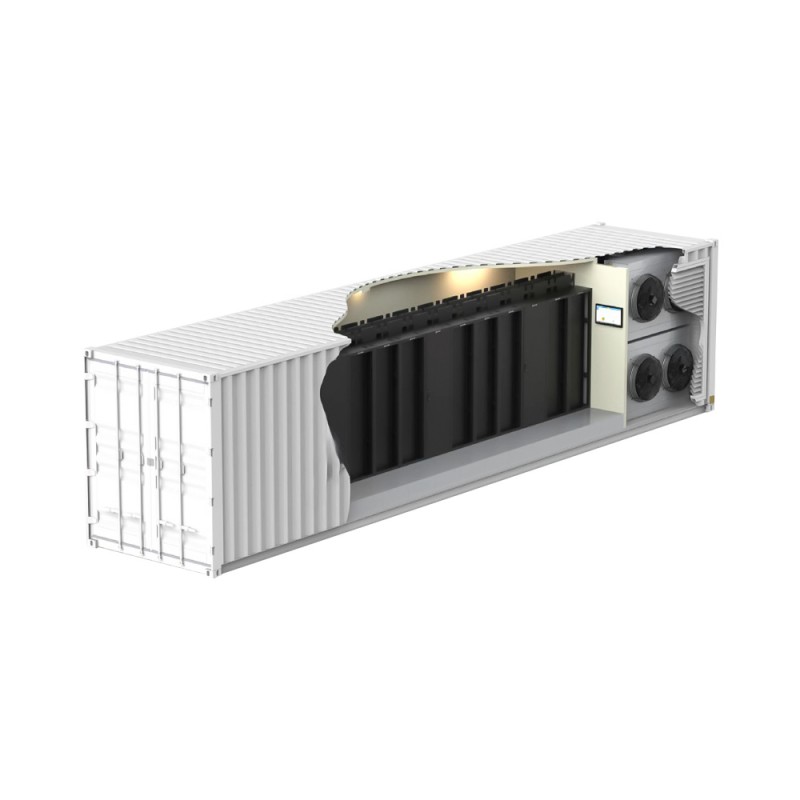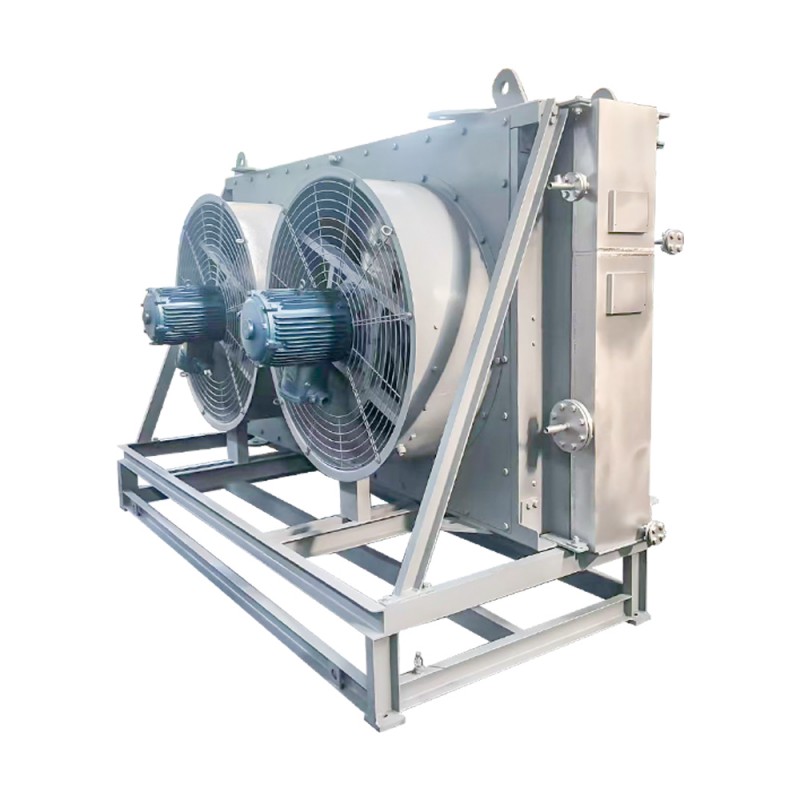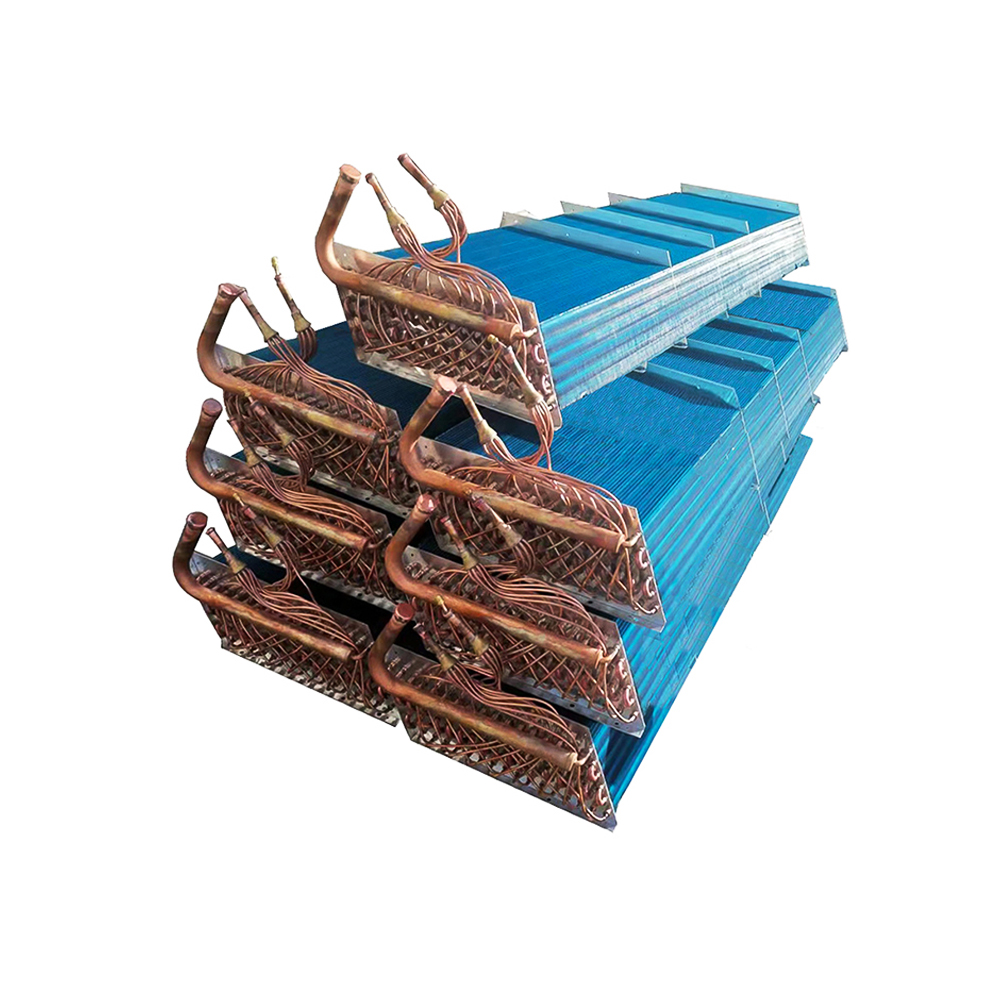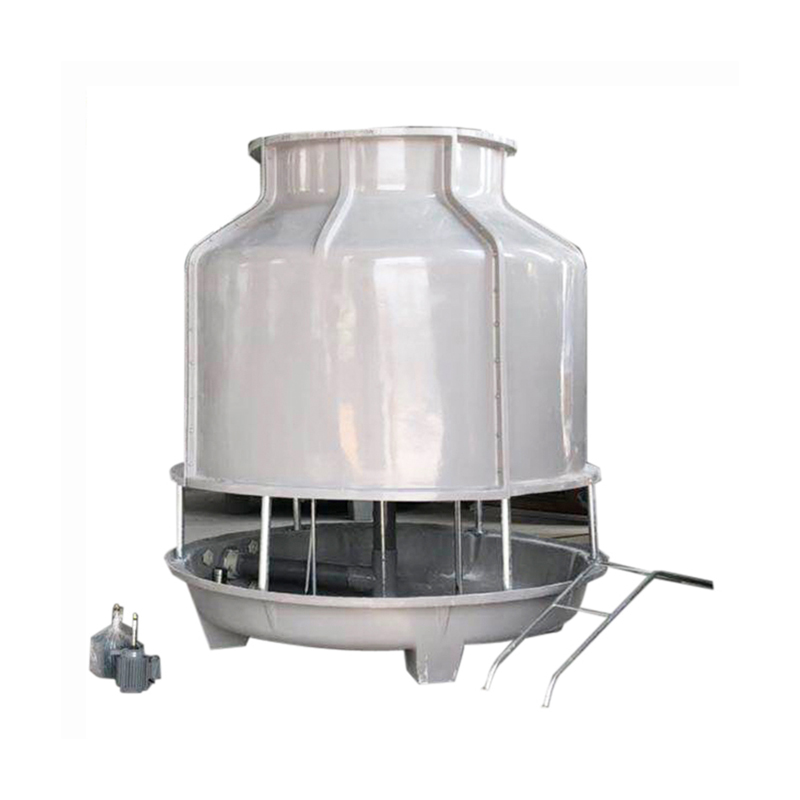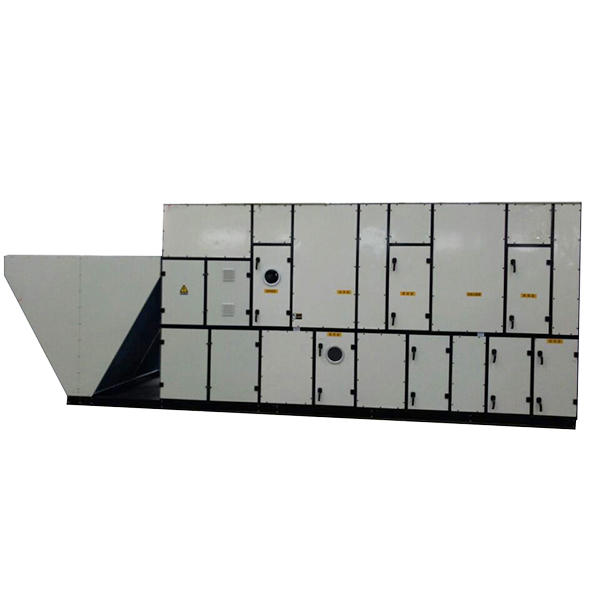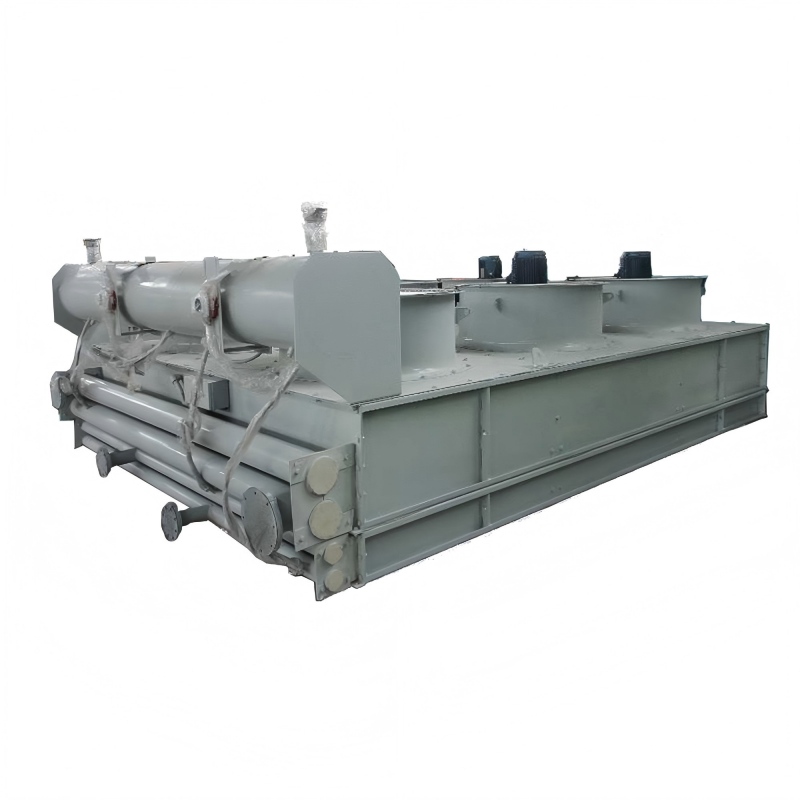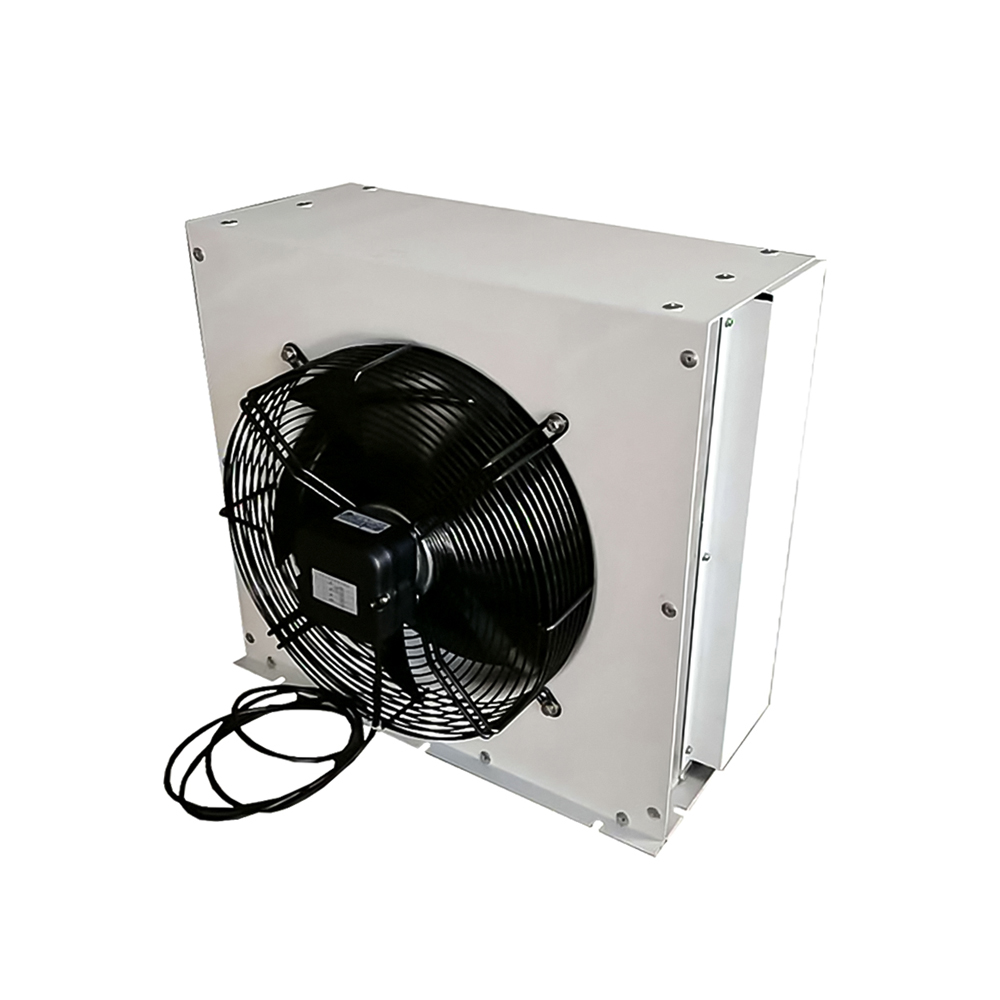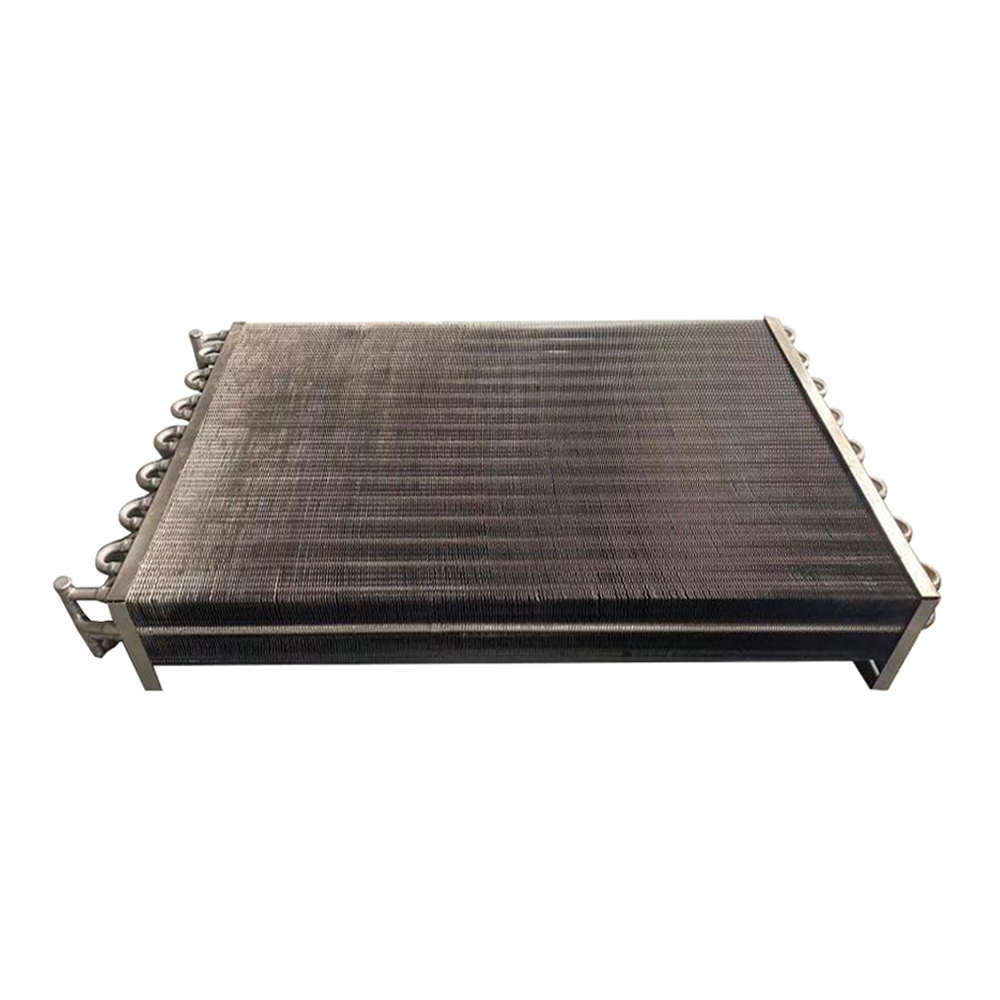Choosing the right diesel radiator is crucial for maintaining optimal engine temperature and preventing costly breakdowns. This guide delves into the key factors you should consider when selecting a diesel radiator, helping you make an informed decision based on your specific needs and budget. We’ll explore different types, materials, and features to ensure you find the perfect fit for your application. Whether you're working on a heavy-duty truck, agricultural machinery, or a marine vessel, this guide provides the knowledge you need to make the best choice.
Understanding Diesel Radiator Functionality
The Importance of Efficient Cooling
Diesel engines generate significantly more heat than gasoline engines due to their higher compression ratios and combustion temperatures. An efficient diesel radiator is essential for dissipating this excess heat, preventing overheating which can lead to engine damage, reduced performance, and costly repairs. Overheating can cause irreparable damage to critical engine components, leading to costly downtime and replacements. A properly functioning radiator ensures your engine operates within its optimal temperature range, maximizing its lifespan and efficiency.
Types of Diesel Radiators
Several types of diesel radiators cater to various applications and cooling requirements. These include:
- Tube and Fin Radiators: These are the most common type, featuring tubes and fins for efficient heat transfer.
- Plate Radiators: These offer a compact design and are often used in smaller applications.
- Heavy-Duty Radiators: Designed for demanding applications, these radiators typically feature robust construction and enhanced cooling capacity. They are crucial for heavy-duty vehicles and equipment operating in extreme conditions.
Factors to Consider When Choosing a Diesel Radiator
Engine Type and Size
The engine's horsepower and displacement directly influence the required cooling capacity. Larger engines need diesel radiators with higher cooling capacity to effectively dissipate heat.
Cooling Capacity (BTU/hr)
The British Thermal Unit (BTU) per hour rating indicates the radiator's heat dissipation capacity. Choose a radiator with a BTU/hr rating that sufficiently exceeds your engine's heat output. Underestimating this requirement could lead to overheating.
Material Construction
Common materials include aluminum and copper. Aluminum radiators are lighter and often less expensive, while copper radiators are known for their superior heat conductivity and durability. The choice depends on your budget and the application's demands. Consider the environment the equipment will be used in; a corrosive environment may benefit from a more robust material.
Dimensions and Compatibility
Ensure the diesel radiator's dimensions are compatible with your vehicle or equipment. Accurate measurements are crucial to ensure a proper fit. Consult your vehicle's specifications or a qualified mechanic to determine the correct size.
Top Brands and Models
(Note: This section would typically list specific brands and models with descriptions, specifications, and links to relevant retailer pages. Due to the dynamic nature of product availability and potential conflicts of interest, I cannot provide specific product recommendations here. It is recommended to perform your own research based on the factors outlined above.)
Maintenance and Longevity
Regular maintenance, including flushing the cooling system and checking the coolant level, is essential for extending the lifespan of your diesel radiator. Ignoring maintenance could lead to reduced efficiency and premature failure. Always refer to your manufacturer's recommendations for maintenance schedules and procedures. A clean radiator allows for optimal heat transfer.
Conclusion
Selecting the best diesel radiator requires careful consideration of various factors. By understanding the functionality, types, and key specifications, you can make an informed decision to ensure optimal engine performance and longevity. Remember to consider factors like engine type, cooling capacity, and material construction to ensure you choose a radiator that meets your specific needs. For heavy-duty applications and demanding environments, consulting with a specialist is strongly recommended.
For high-quality diesel cooling solutions, consider exploring the options available at Shanghai SHENGLIN M&E Technology Co.,Ltd. They offer a range of products designed to meet the diverse needs of various industries.









